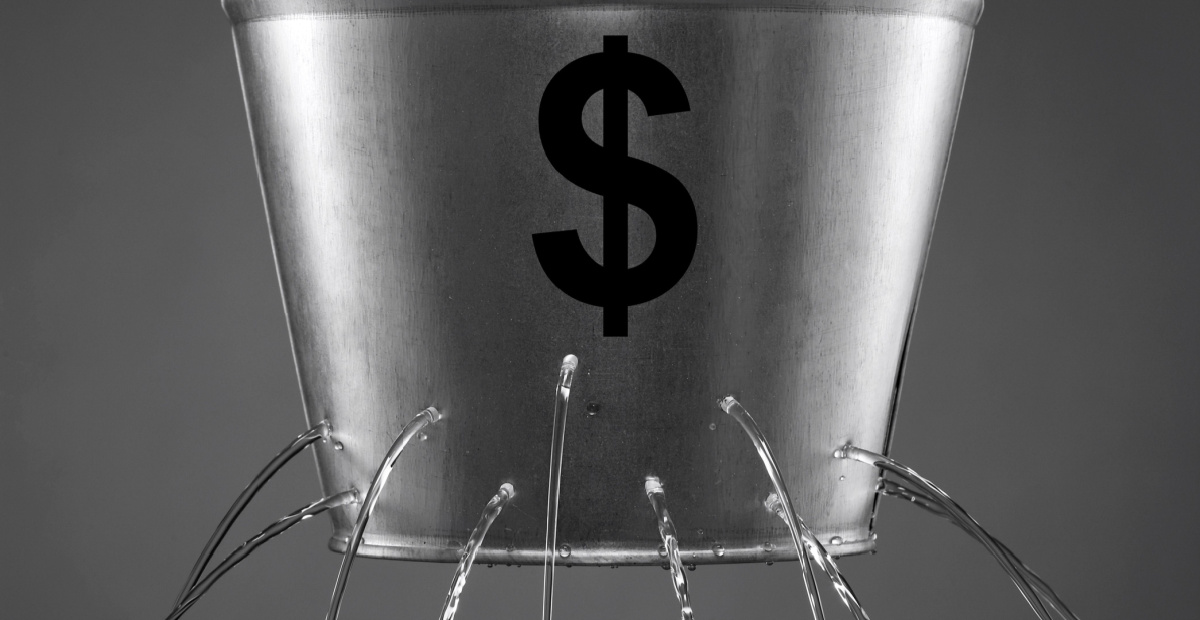Act now as dollar dominance “dilutes”: deVere Group

The CEO of global advisory organisation, deVere Group, has issued a warning to investors who may be “underestimating the scale and trajectory of the US dollar’s decline”, as the age of ‘dollar dominance’ seems to be dying down.
Nigel Green said investors have remained surprisingly “muted” in reaction to the US dollar experiencing its worst start to a year since 2008 down more than four per cent on the Dollar Index (DXY), after a perfect storm of protectionist trade policies, rising geopolitical tension and caution on interest rate cuts during the first several months of the second Trump administration.
This has led central banks to reverse their reliance on the dollar, taking their reserves from 70 per cent in 2000 down to 59 per cent now according to the International Monetary Fund (IMF).
“We don’t believe this is a short-term wobble. It’s the opening phase of a steady but far-reaching shift,” Green said.
“Dollar supremacy isn’t vanishing overnight, but its era of unquestioned dominance is fading. This carries enormous consequences for global portfolios, pricing, and capital allocation. This decline is not a crash—it’s erosion.”
According to Green, the euro has surged ahead of the pack of currency alternatives, rising more than four per cent against the dollar in the last two weeks supported by “Europe’s moves toward fiscal coordination, collective defence investment, and economic resilience”. Similarly, the Japanese yen has taken on the “safe-haven” designation, while the South Korean won shows “renewed resilience” and China’s yuan continues its upward trajectory as “Beijing signs cross-border trade agreements that sidestep the dollar entirely”.
“The euro is repositioning itself not just as a regional anchor, but as a serious global stabiliser,” Green said.
“That doesn’t mean it will replace the dollar, instead it’ll be part of a broader mosaic of major currencies taking on more influence. We don’t think any single currency is about to take the dollar’s place. Instead, we expect a more fragmented system—one where influence is shared across a handful of credible currencies. This evolution is gradual, but it’s no less profound.”
Green urged investors to let go of the “old model” mentality and act ahead of the curve, shifting to a “currency plurality” model instead. This comes as consensus over the US Federal Reserve’s next policy moves weakens and the fallout of upended trade policy continues to reverberate throughout US industries.
“This shrinking rate gap makes US debt less attractive. And when demand for Treasuries softens, so does demand for dollars,” he said.
“Investors must stop assuming the dollar will always rebound. That thinking is dangerously outdated. The shift to dominant currency plurality is underway. Those clinging to the old model risk being blindsided.
“Those who act early will be best placed to capitalize on the next phase of global finance.”











I think these numbers are too low. Especially if you live in major cities. I try to ensure none of…
Are Interprac / Sequoia going to pay the 10’s of $$ millions in AFCA complaints ? Even after Macquarie &…
Always back self interest when a body is marketing a submission to the government
In other words the system is achieving what the government wanted to happen.
Every day I come on here it feels like it is just the SMC trying to lobby to make one…